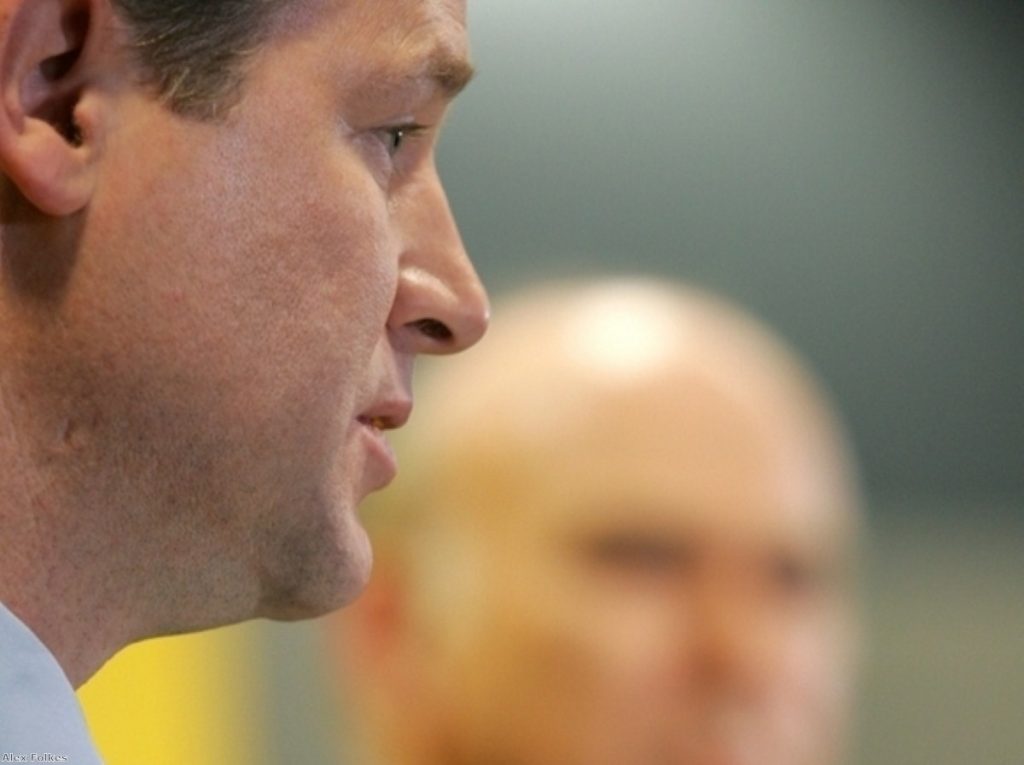Clegg ignores the treachery – but Cable’s disloyalty is now transparent
"There was no disloyalty whatever," Vince Cable declared this morning. And yet his comments in his latest interview this morning seem to directly contradict that.
Such insistent protestations of loyalty are enough for Nick Clegg, who has already made clear this morning Cable is exonerated because "he clearly didn't know a thing about the poll in Sheffield Hallam".
That's a transparent attempt to shut the story down, because the longer it goes on the clearer it becomes that Cable was complicit – if not actively so – in trying to undermine his leader.
We are, slowly, making progress in discovering exactly what Cable knew about the give constituency polls carried out by his long-term friend and ally Matthew Oakeshott.


- Category one: Polling in Cable's own constituency of Twickenham. He knew about these. It's normal in professional politics, the business secretary said this morning.
- Category two: Polling in Sheffield Hallam and Inverness – the constituencies of Clegg and his right-hand-man Danny Alexander – which Cable only found out about when he read the newspapers. "They were quite wrong."
- Category three: Polling in Cambridge, Wells and Redcar which Cable knew about but, critically, didn't inform his leader about.
It is, in the words of defeated Lib Dem MEP Graeme Watson, an act of "treachery" via a failure to act.
"Maybe he should have said to Matthew Oakeshott maybe this is not a good idea, don't do it – clearly he didn't," Watson told the Today programme. His main offence is the failure to discourage Oakeshott from polling which probes how the party might fare under his leadership, rather than Clegg's. Had he done that, this would never have been a story.
Which is why when Cable says "there is no leadership issue", he couldn't be more misleading.
And yet what we are now seeing is a furious attempt by both him and Clegg himself to put the story to bed.
"I just think clearly we have some really bad election results last week," Clegg told BBC Radio Sheffield over a crackly phone line this morning.
"Of course that quite rightly means there's lots of questions and soul searching… Matthew Oakeshott's answer to all of that was not only to spend a considerable amount of time and money on opinion polls harming the Liberal Democrats, but much more importantly, his view is that we should just pull out of the coalition altogether, and that really at the end of the day is in my view of what's at stake."
The result of all this is that, despite all the protestations of loyalty, the Clegg-Cable tensions end up roughly comparable to where they were before. Clegg will remain suspicious. Cable's support remains ambiguous.
There is one difference, though: there is now very little likelihood of Cable replacing Clegg before the next general election. The deputy prime minister seems secure in his job for the next year, at least. After that – assuming he still has a seat – there is nothing from this episode to suggest Cable will not be queuing up to replace him.












